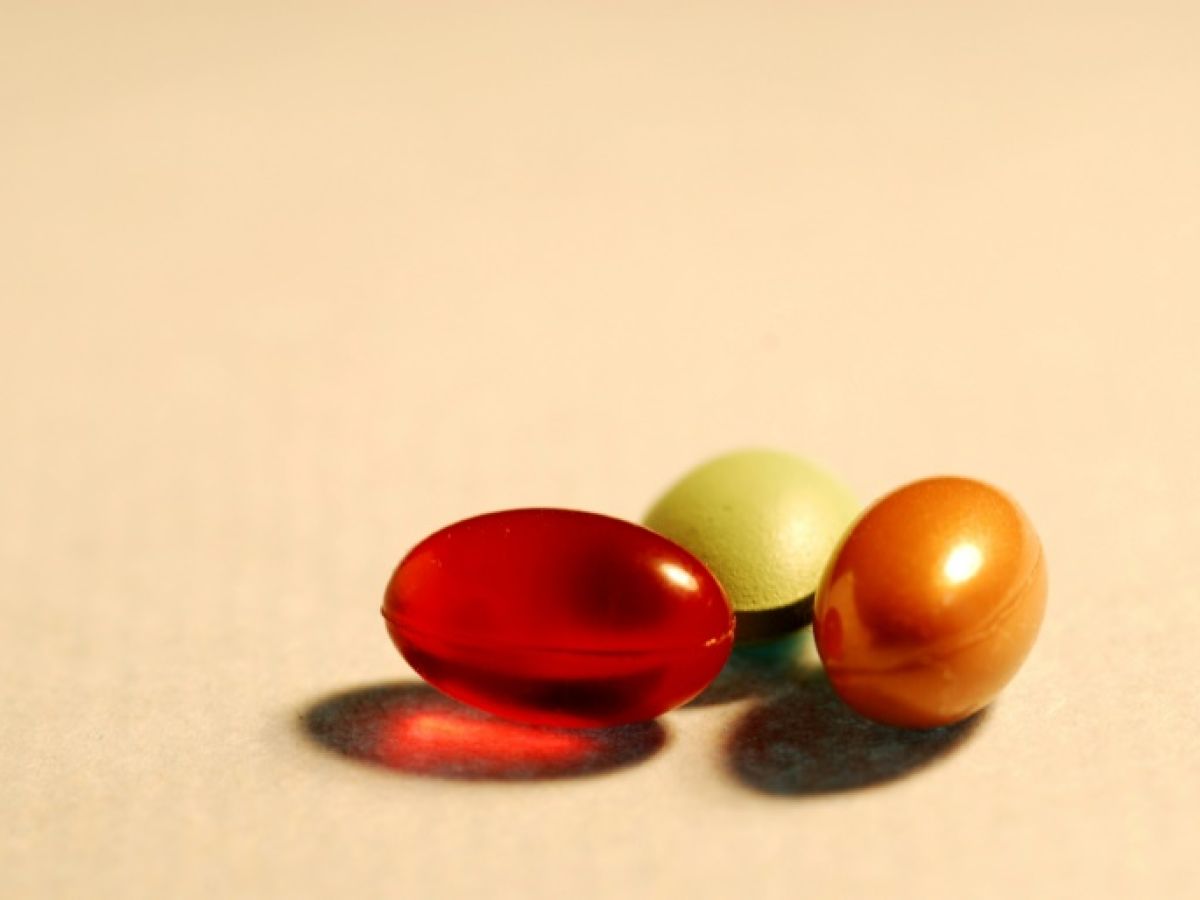After analyzing a fatal case of acute hepatitis in France and numerous cases of severe effects reported in the country as well as in Italy, the United States, Canada and Korea in particular, including in people with no medical history, ANSES "strongly advises against it for the entire population" French to consume this plant, in a notice published Wednesday March 5, 2025.
Although banned in medicines since 2012, the plant Garcinia cambogia – or Malabar Tamarind – "continues to be offered in food supplements" for weight loss – some 340 are marketed, mainly online. However, between 2009 and March 2024, 38 cases of adverse effects were reported in France: liver, psychiatric, digestive (pancreatitis), cardiac and muscular disorders, often serious.
A 45-year-old woman died of acute hepatitis
These effects can occur in people with a history of psychiatric disorders, pancreatitis, or hepatitis, or those suffering from diabetes, obesity, or hypertension, according to the French National Agency for Health Safety. They can also affect people taking antidepressants, antiretroviral treatments, or medications known to affect liver function.
In Italy, for example, a 45-year-old woman who took a dietary supplement based on the plant Garcinia gummi-gutta (its other name) while being treated for asthma with a drug known to affect liver function died of acute hepatitis. But similarly severe effects—which can be exacerbated by drug interactions—have been reported in consumers with no medical history, the French agency points out.
Read alsoMetformin, a new natural appetite controller
European ban?
"A 32-year-old woman with no medical history developed myocarditis, which led to her having a heart transplant," a case cited in medical literature, Aymeric Dopter, head of the nutrition risk assessment unit at ANSES, told AFP. "Some people will tell you: 'I took it and everything is going very well,' good for them. But we see through these few cases that people who were simply looking to lose weight found their health seriously deteriorated, or even died as a result of taking this plant.", he emphasizes.
"The game is not worth the candle: risking this type of very severe adverse effect does not seem reasonable to us," decides the head of ANSES.
Currently, the European regulation does not oppose the use of health claims ("weight control", "reduction of fat storage" and "feeling of hunger", "control of blood sugar and cholesterol levels"...) put forward by manufacturers of food supplements based on Garcinia cambogiaThey are currently being reviewed by the European Food Safety Agency (EFSA).
Read alsoPesticides: ANSES will assess the risks incurred by florists
EFSA has also launched an assessment of the risks associated with the ingestion of hydroxycitric acid, present in the fruit of this plant, a substance to which weight-loss properties are attributed. This assessment could lead the European agency to restrict or even ban this substance. The French agency hopes that lists specifying the plants authorized in food supplements, as well as the restrictions and warnings governing their use—not yet harmonized at the EU level—will emerge in Europe.
She recalls that “Weight loss without medical advice carries risks, especially when the person adopts unbalanced and undiversified eating habits.”
Since ANSES does not have health police powers, a possible ban on products based on Garcinia cambogia would be the responsibility of the Ministry of Agriculture. The latter, contacted by AFP, indicated that it could not provide any "precision at this stage", recalling that it was a “self-referral to ANSES”.


